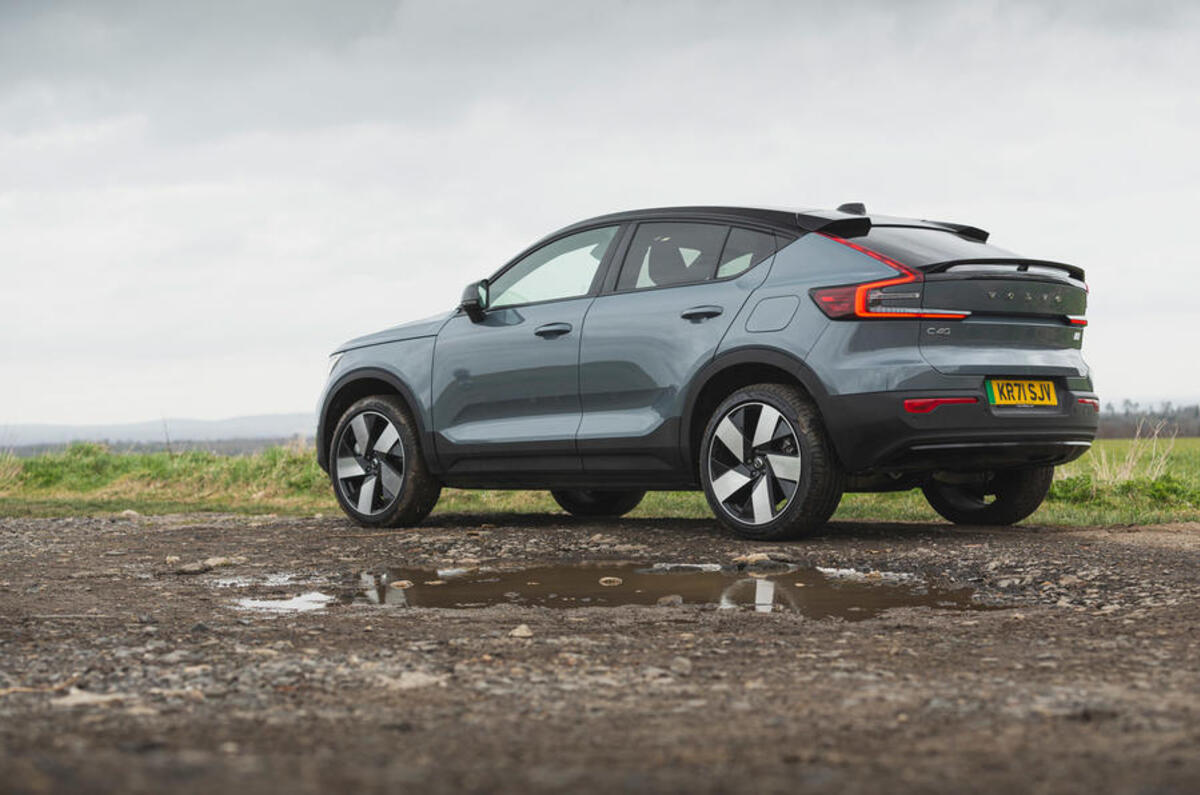Volvo achieved what it calls "a stable financial result" in the first quarter of 2022 in the face of several strong headwinds affecting its operations.
The Swedish car maker's operating profit for the period stands at SEK 6.04 billion (£484.6 million), down some SEK 2.3bn (£190m) on the same period in 2021.




Add your comment